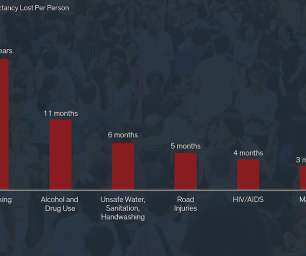NUS researcher links air pollution to increased residential electricity demand
Green Car Congress
AUGUST 19, 2020
The study, set in Singapore, suggests that better air quality will bring about climate co-benefits in reducing electricity generation via lower household demand, and thus mitigating carbon emissions. The reasons were two-fold: (i) increased air pollution led to households staying indoors more to mitigate the pollution impact; and (ii) PM 2.5



















Let's personalize your content